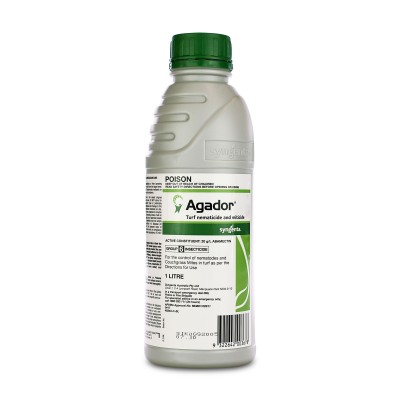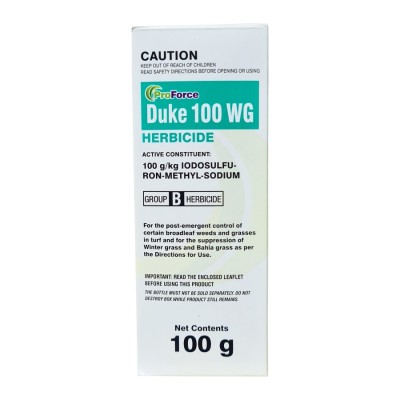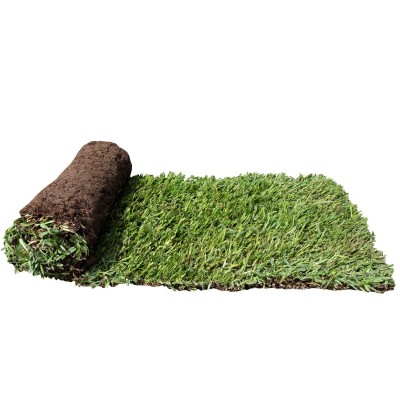Did you know that the health of your soil can affect your grass? Just as other gardens need a good mix of organics and nutrients within the soil to thrive, so too does your lawn! In this blog, we look at how drainage, compaction, and soil components can impact your lawn to ensure your grass is performing at its maximum potential.

How Does Drainage Affect My Lawn?
When your lawn’s drainage is poor, it can cause a multitude of problems, including fungus, disease, and weed infestations. Usually, the best time to address any drainage issues is before you install any turf. However, if you already have a lawn and there are issues with drainage, here are a few tips that can help:
- Aerate the soil with a garden fork. This will help improve the permeability, allowing water to travel within the soil profile.
- If your soil has a high amount of clay, top dressing will help improve the soil profile. However, it is best to wait till spring to do this and not recommended in winter.
- If there are more extensive drainage issues, it is best to reach out to your local drainage expert or landscaper. They will be able to provide advice on the right drainage solution for your area.

Why is a Compacted Soil Bad for My Lawn?
When your lawn’s soil has become hard and compacted, it can make it difficult for the roots of the grass to grow within the profile. This can also affect the ability of air, water, and nutrients to travel within the soil. If you need to determine whether or not your lawn has a compacted soil base, we recommend doing a test with a screwdriver. Use a screwdriver and insert it into the soil base. If it is difficult to push down into the soil, you may need to look at aerating.
To aerate your soil, we recommend using either a garden fork or tyne aerator. Insert the fork into the lawn and wriggle it back and forth to fracture the soil profile. Aim for a spacing between the holes of around 8 – 10cm. To achieve adequate aeration, you may need to go over the area twice in a different direction each time.

What pH Should My Soil Be for Turf?
Turf generally prefers a soil pH between 5.5-7, however some grasses like buffalo can grow well in more alkaline soils up to 8. If your soil is outside of this range, it can make it hard for your grass to absorb nutrients effectively.
To test your soil’s pH, you can pick up a soil test from your local hardware store, nursery or from our online store here. Most will require you to collect samples from around your lawn for a more accurate reading.

How Can I Help a Hydrophobic Soil?
If your soil struggles to absorb water and pools at the surface, this is a sign that your lawn has become hydrophobic. If your lawn is unable to absorb water effectively, it can cause dry patches within the turf and can cause heat stress. To help amend a hydrophobic soil, apply a wetting agent. Wetting agents, like Lawn Soaker will help water soak into the soil, making it more available for your lawn to use. This will also help improve your lawn’s ability to hold nutrients and increase its drought tolerance.
What Type of Soil is Ideal for Turf?
Your lawn will usually prefer to have a mix between an organic loam and sand. This will ensure there is a good amount of nutrients within the soil and is free draining. If you are looking to install a new lawn, usually it is best to use a sandy loam (80% sand 20% loam) or a turf underlay mix.

For more lawn care tips and advice, make sure you check out our other lawn care blogs here.


